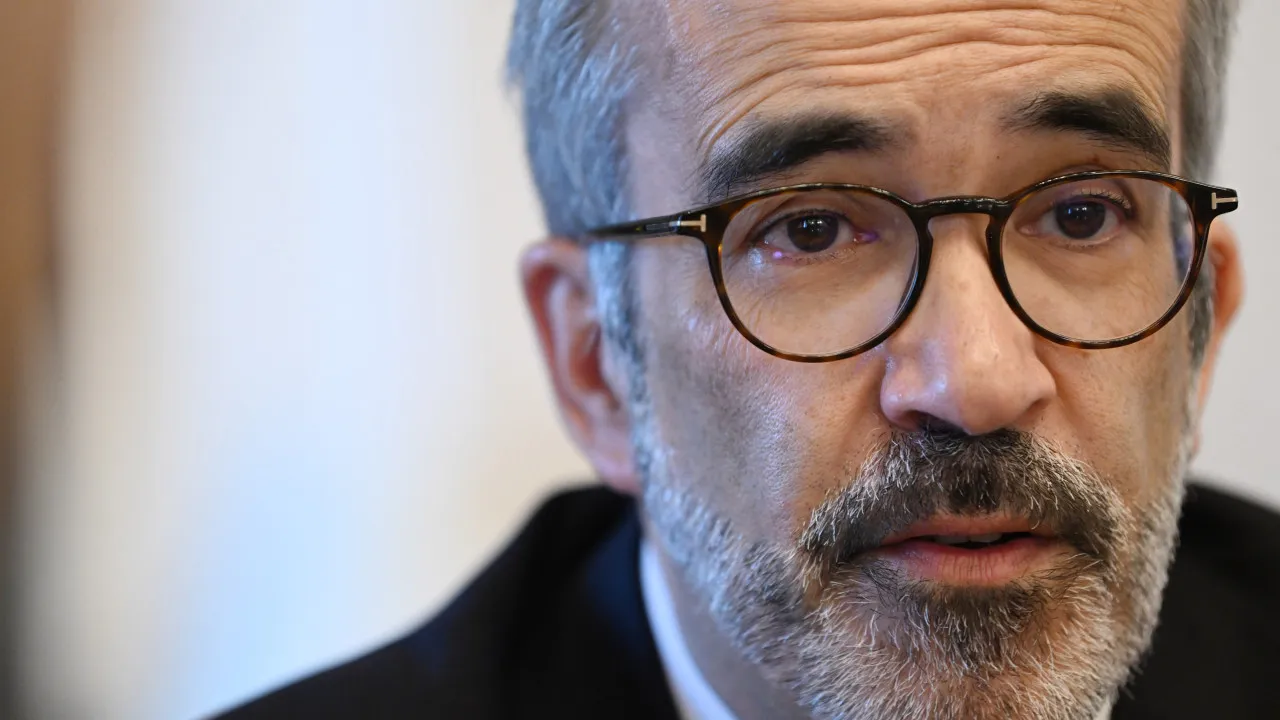
With today’s changes, the three-month Euribor rate dropped to 2.046%, falling below both the six-month rate at 2.113% and the 12-month rate at 2.084%.
The six-month Euribor rate, which in January 2024 became the most utilized reference in Portugal for variable-rate home loans, decreased today to 2.113%, marking a decline of 0.008 percentage points.
Data from the Bank of Portugal (BdP) for March indicates that the six-month Euribor accounted for 37.65% of the outstanding variable-rate mortgage loans for permanent housing.
The same data reveals that the 12-month and three-month Euribor represented 32.39% and 25.67%, respectively.
The 12-month Euribor rate also fell, reaching 2.084%, which is 0.011 percentage points lower than on Tuesday.
Similarly, the three-month Euribor, which has remained below 2.5% since March 14, declined again today to 2.046%, down 0.014 percentage points, setting a new low since December 9, 2022.
In April, the monthly averages of the Euribor decreased significantly across all three terms, more noticeably than in previous months, particularly in the longest term (12 months).
The average Euribor rate in April fell by 0.193 points to 2.249% for three months, 0.183 points to 2.202% for six months, and 0.255 points to 2.143% for 12 months.
On April 17, during the last monetary policy meeting, the European Central Bank (ECB) lowered its key interest rate by a quarter-point to 2.25%.
This reduction, anticipated by the markets, was the seventh since the ECB started this cycle of cuts in June 2024.
The next ECB monetary policy meeting is scheduled for June 5 and 6 in Frankfurt.
The Euribor rates are determined by the average rates at which a consortium of 19 Eurozone banks is willing to lend money to each other in the interbank market.




